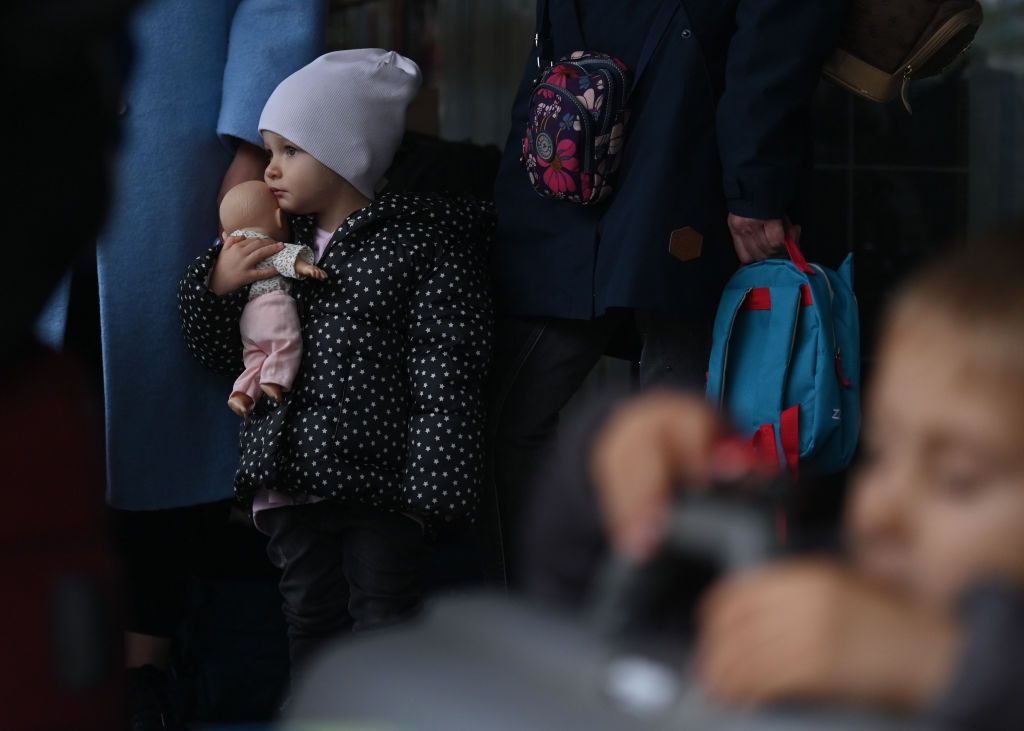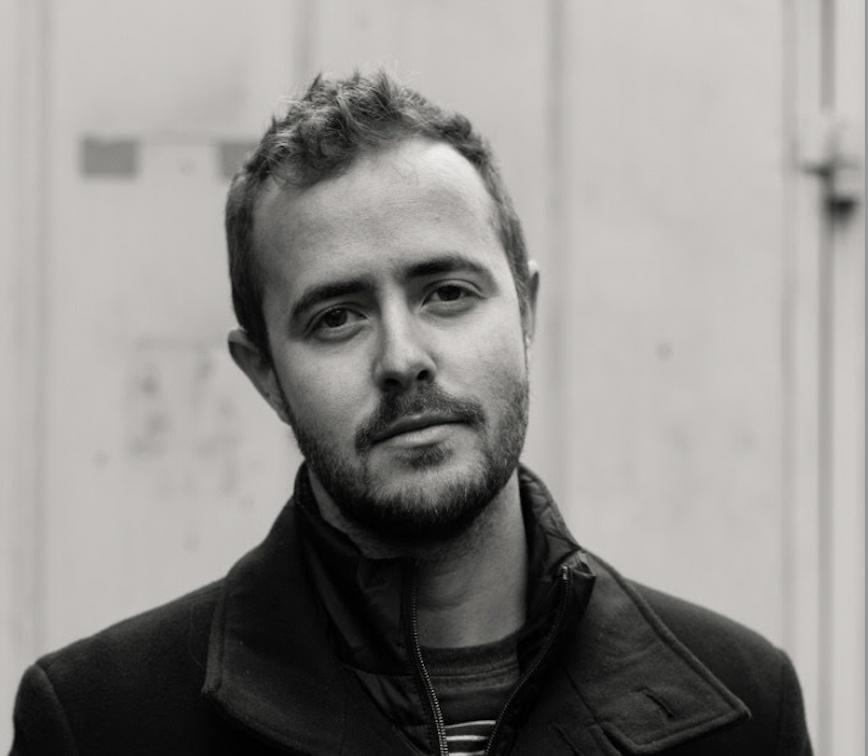Switzerland to extend protected status for Ukrainian refugees until March 2025.
The temporary protected status for Ukrainian refugees in Switzerland will be extended until at least March 2025, the Swiss Federal Council announced on Nov.
1. The "S" protection status allows Ukrainians "in need" to stay in the country "as long as they are exposed to a serious general danger" and also provides a variety of state services, including access to housing and subsistence subsidies. The Swiss government said that around 66,000 Ukrainians have the "S" protection status as of the end of October 2023.
In addition, the Swiss government said that they aim to increase the integration of Ukrainians, especially into the local labor market. Currently, about 20% of Ukrainians with protection status S are employed, but Switzerland seeks to double this figure by the end of 2024. The government has allocated CHF 3,000 (£3,300) per person, per year, to assist in the labor integration process, particularly for language classes.
Switzerland's announcement comes around two weeks after the EU officially extended the temporary protected status for Ukrainians until March 2025. Although Switzerland is not a member of the EU, it is part of the Schengen Zone, and as such, the Federal Council said it was "vital to coordinate closely with the EU." Switzerland's government shifted right after parliamentary elections on Oct.
23, but it is unclear how that might impact the country's position towards Ukraine. The Swiss parliament has repeatedly voted against proposals to amend the rules regarding the re-export of Swiss-made weapons to Ukraine. Switzerland has also blocked the transfer of Swiss-made Leopard 1 tanks currently in Italy to Ukraine.
Due to the country's historic policy of neutrality, the law does not currently allow the delivery of Swiss weapons to combat zones, even when supplied by an intermediary country.
Demographic disaster: Ukraine's biggest post-war threat The threat of a demographic crisis has been building in Ukraine for a while but Russia's full-scale invasion has pushed it to the breaking point. The country had a population of 41 million in 2021, by the government's reckoning.
Now, it hovers around 35 million and experts warn

 Nate Ostiller
Nate Ostiller
News Editor
Nate Ostiller is a News Editor. He works on special projects as a researcher and writer for The Red Line Podcast, covering Eastern Europe and Eurasia, and focused primarily on digital misinformation, memory politics, and ethnic conflict. Nate has a Master's degree in Russian and Eurasian Studies from the University of Glasgow, and spent two years studying abroad at Kyiv-Mohyla Academy in Ukraine.
Originally from the USA, he is currently based in Tbilisi, Georgia.